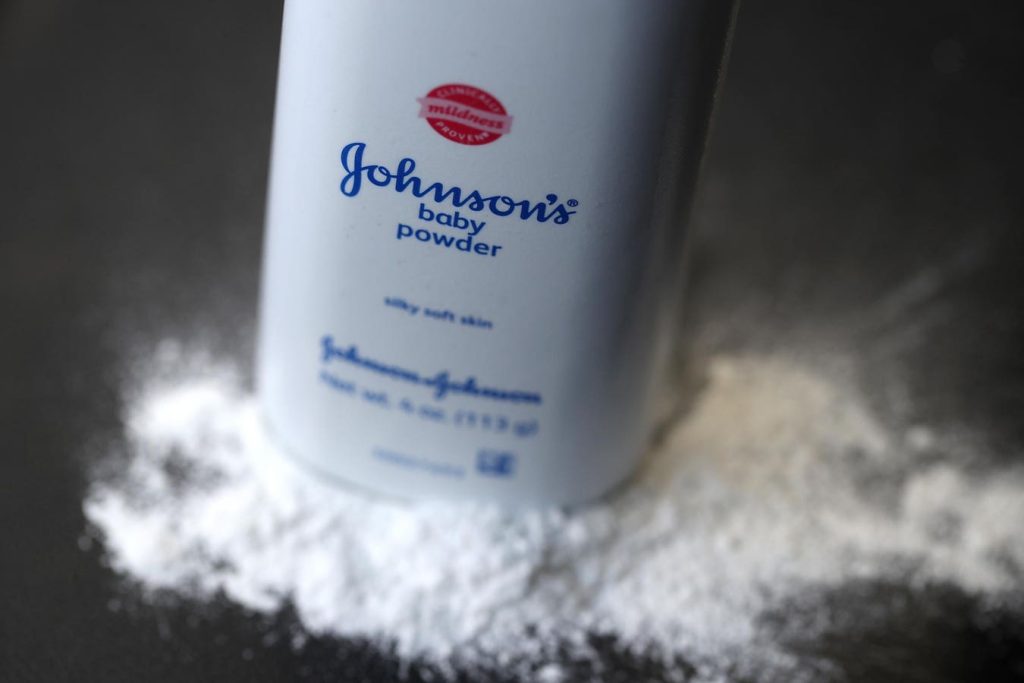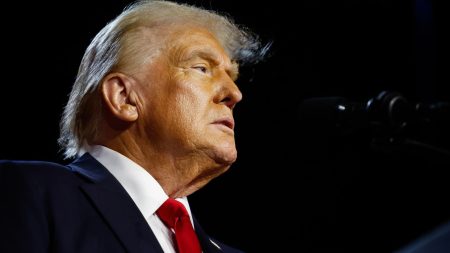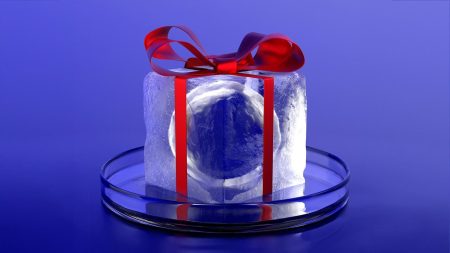Pharmaceutical giant Johnson & Johnson is set to pay $6.475 billion to settle lawsuits alleging its talc-based products, often associated with health concerns, caused cancer. This unprecedented agreement covers around 60,000 cases, marking a significant moment in the intersections of public health and corporate accountability. For Black women, who were selected by J&J as “the right place” to sell more baby powder to, specifically targeting “under-developed geographical areas,” this is perhaps an opportunity for financial reciprocity.
The Breakdown You Need To Know:
J&J, a household name with products in millions of homes, began selling its iconic Baby Powder in 1894. However, concerns about the safety of talc, the primary ingredient, surfaced as early as the 1950s. The first lawsuit linking J&J’s talc products to ovarian cancer was filed in 2009, marking the beginning of a lengthy legal battle.
Over the years, numerous studies have indicated a link between talcum powder and cancer. The World Health Organization’s International Agency for Research on Cancer classified talc containing asbestos as carcinogenic and suggested that genital use of talc powders could be possibly carcinogenic. Research found talc particles in a significant percentage of ovarian tumors and established a 33% increased risk of ovarian cancer with long-term use of talc-based products.
Talc Texas Two-Step:
Originally, J&J planned to dance a “Texas two-step” through its subsidiary, LTL Management, as part of a legal strategy that allows companies to separate liabilities from assets through a divisive merger and claim bankruptcy, according to Reuters. However, the court ruled that J&J was not in genuine financial distress and noted the spinoff company still has access to its assets, worth an estimated $61.5 billion.
Back in 2021, the company agreed to a $100 million settlement regarding similar talc powder claims. This year the company plans to stop selling talc-based baby powder globally.
J&J’s PR Powder:
Racial and ethnic disparities in U.S. healthcare are rife, with Black women facing higher risks to their health from discrimination. CultureBanx reported, this is something Johnson & Johnson preyed upon as it began distributing baby powder through a specially curated network of churches and beauty salons targeting Black & Hispanic communities.
Moreover, J&J launched a $300,000 radio advertising campaign in six markets with the prime goal of reaching “curvy Southern women 18-49 skewing African American, according to The New York Times.” To add insult to injury, an independent investigation discovered that the company knew for decades that asbestos was mixed in with the talcum.
What’s Next:
The settlement, aiming to resolve decades-long disputes without an admission of wrongdoing, signifies a pivotal chapter for Johnson & Johnson amidst ongoing cancer and health safety discussions. J&J recorded recorded a $2.7 billion charge in the first quarter related to the new deal, increasing its reserve for talc-related claims to approximately $11 billion.
Read the full article here










